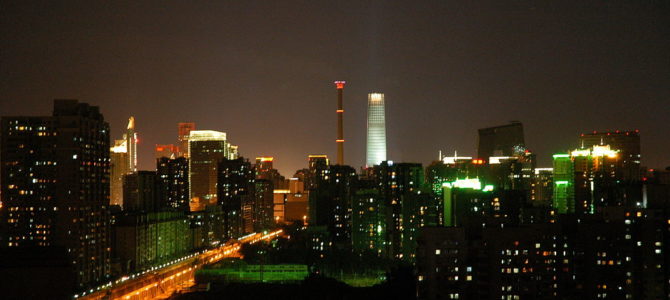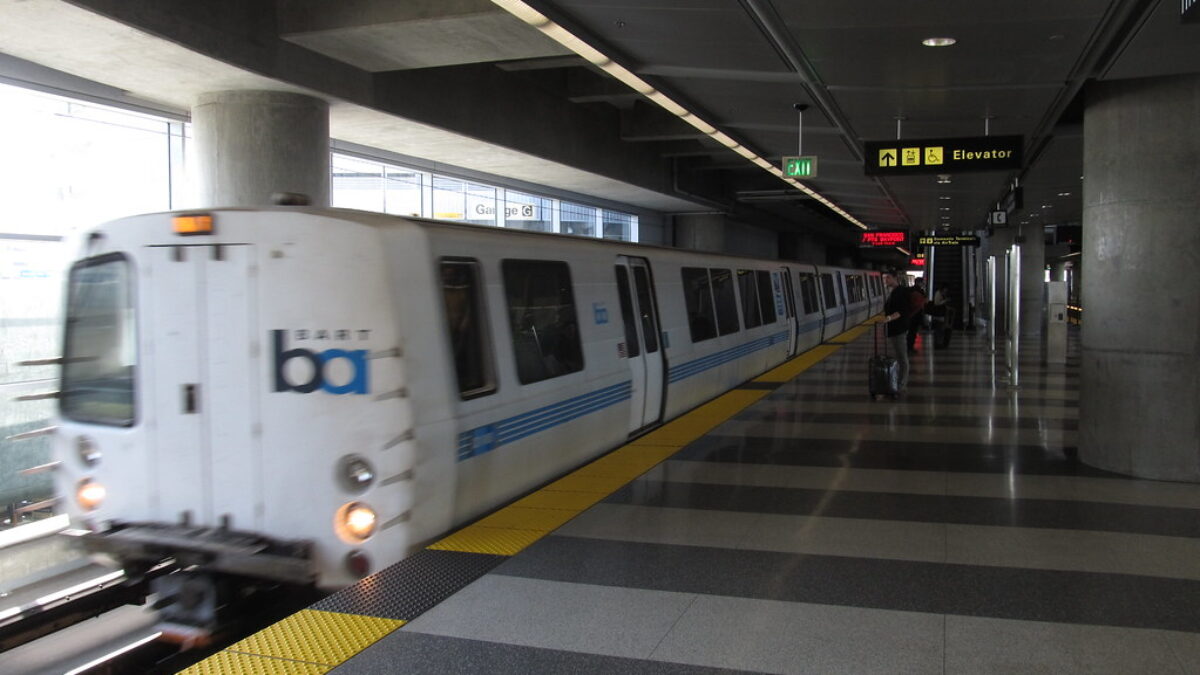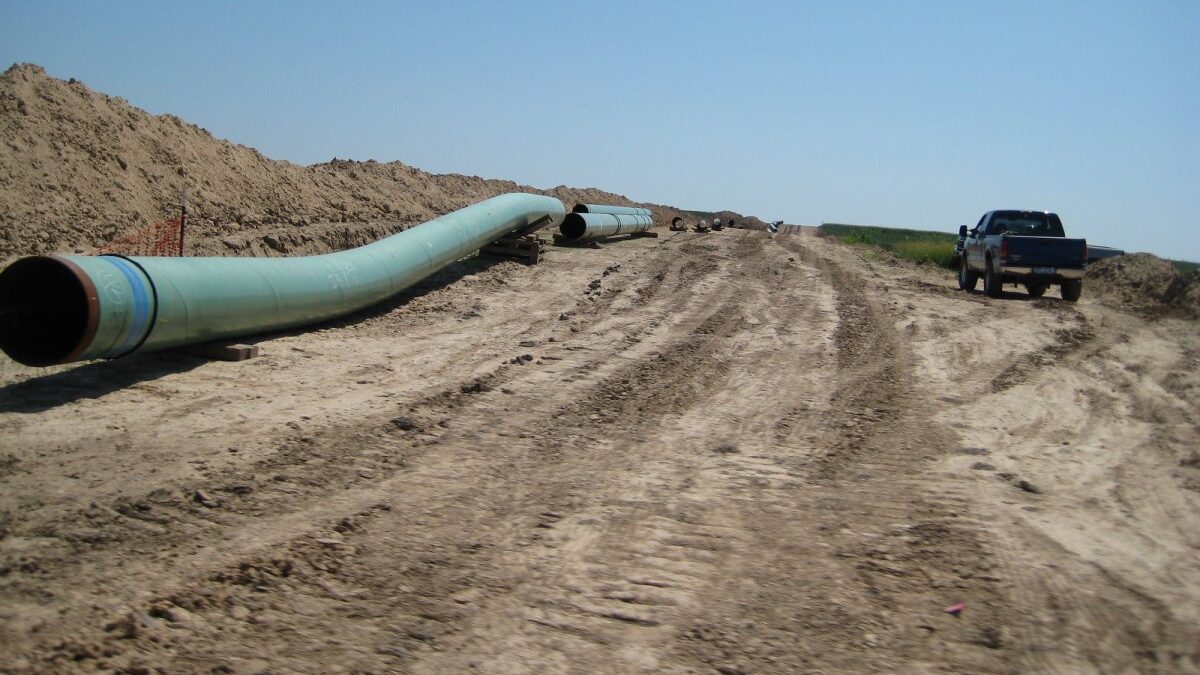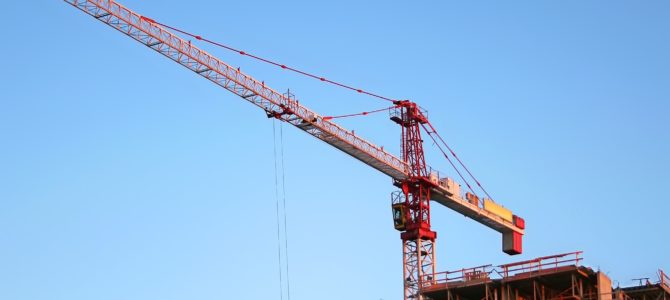
I write this aboard the G1113 train as it screams across China heading South and West. The G stands for “Gao,” which means high, and implies this is a very fast train. The monniker also has a little bit of a Fibonacci thing going on.
This is China’s latest model of high-speed train. It travels at approximately 216 miles per hour. I’ve been taking a lot of pictures of everything, from the seatback in front of me to the spacious and clean aisle, the sleek, lighted seat numbers along the wall, and multiple digital displays telling me the temperature, current speed, and the approaching stop (in both English and Chinese). I feel like the stereotypical Chinese tourist in America, yet by some “Freaky Friday” jinx our roles have been reversed. I hate it. But I can’t help myself.
When I first visited China in 2011, there were fast trains, but they’ve gotten faster, fancier, and more prevalent. They are truly incredible machines that make you never want to step foot on a cramped airplane again. If I had the option of taking a 10-hour fast train or a five-hour flight, I could probably flip a coin and be fine with either, but I’d get more done and probably feel a lot more relaxed on the 10-hour train.
I’m not in first class, yet leg room is abundant. If the person in front of me reclines, he or she won’t end up in my lap. The cabins are pristine and the temperature is locked in at 25 degrees Celsius. Cool air is distributed evenly, rather than blowing straight onto your head or face. Everything is spotless. The aisles are mopped or swept every hour. I can hear a pin drop.

I usually take a deep breath before I step into an airplane lavatory. I can hold my breath for a while (at least long enough to go), and I prefer oxygen deprivation to smelling the average lavatory.
So I did the same when I stepped into the bathroom on the G1113. But when I noticed how spacious and spotless it was, I couldn’t resist testing the air quality. There wasn’t a hint of “lavatory” smell.
‘Can’t You Pay With Your Phone?’
Paper currency is fast becoming an endangered species on Chinese streets. In fact, when I pull out my wallet to pay with cash or a credit card, I often get a frustrated eye roll. Some shop owners have even turned to whichever Chinese friend I was with to ask, “You’re Chinese, can’t you pay with your phone?”
Alipay and WeChat pay are two digital payment services that virtually everyone has on his or her phone. Even relatively poor farmers pulling carts full of lychee or lotus seeds on the street corner have a QR code that you simply scan with your phone to get the goods.
In many ways, especially technologically, we’ve been passed up. In fact, it seems like we aren’t even close sometimes. Don’t get me wrong, I don’t think the centrally planned end of paper currency and the social control necessary to achieve it necessarily constitute progress, but I do think it’s a convenience that we simply are not technologically equipped for on a broad scale in America.
If you want to pay digitally in America, you probably need to be at a Whole Foods (or similar-sized store) and have an iPhone. Even then, it’s not as seamless. Chinese people are now accustomed to splitting a dinner bill with friends just using their phones.
Nor do I think that unaccountable government spending on high-speed rail and extralegal land seizures to accommodate it are good solutions to our lack of modern transportation options in the United States. But those issues are well outside the scope of most people’s thinking or personal experience. Most people in China, just like everywhere else, are looking out for number one. From that perspective, things are looking up in the Middle Kingdom.
In big cities in China, you’ll observe the following: Streets are lined with lush green trees, hedges, and flowers, all expertly manicured. Colorful lanterns often hang on wires that stretch across even the least traveled of roads. Constant street-washing by trucks makes it looks like it always just rained.
Even tree tops aren’t neglected. Trucks wind around all the tree-lined roads, spraying the tops of trees with a light shower of water to keep them fresh and keep harmful pests away. When there’s a prolonged period without rain in Beijing and other dry cities, clouds are seeded with silver iodide.

Chinese subway systems have long been superior to American subways, but it’s pretty incredible to be in a city like Wuhan (a big city but located in central China, where things and people are sometimes neglected) and see that even the subway system there blows any American subway out of the water.
Ease of use? There is very little need to cater to foreigners in a city like Wuhan, but anyone who speaks English could quite easily navigate the Wuhan subway system. The same can’t be said for even English speakers on Washington D.C.’s metro or New York City’s subway.
This Is Really Embarrassing
All of this makes me wonder how this happened, because it’s getting to be embarrassing. That is by design. The Chinese government’s goal is to make America and the rest of the world appear inferior to Chinese tourists, students, and immigrants to America. It starts at home with Chinese government-run news organizations broadcasting daily the latest bad news in American cities.
In many physical ways, China is becoming more like us. Yet in many ways philosophically, we are becoming more like China. To be sure, there’s a lot to learn from this ancient culture, but we’re learning all the wrong things.
Chinese are proud of their 5,000 years of history to study and use to refine human behavior. Spend ten minutes speaking to a Chinese person about what constitutes a balanced diet and you’ll see how comparatively little thought we put into the subject.
Yet instead of ancient wisdom, America seems intent on learning from China what first began to take hold in the late 1940s as a hopeful republic collapsed and gave way to Communism. The government in China wants its citizens to step off the plane in America, walk out onto the streets, and immediately notice the stark contrast. They want Chinese citizens to think “Geez, Communism doesn’t seem so bad after all.”
It’s working. Just consider what you see any time you land at a major American airport, then imagine you’re a foreigner. Be honest. Just about all airport workers are rude, impatient, and intrusive. The subways are a moving microcosm of the broken windows theory.
You’re lost? Don’t bother asking for help from D.C. or New York transit workers. They don’t care and none speak your language. Let’s not even start with public buses.
Public bathrooms are filthy and run down. Avoid at most costs. There is no high-speed rail. In fact, there’s barely any rail at all. You have to fly virtually everywhere unless you have a car. When you do fly, you’re probably going to be treated rudely and there’s a good chance you won’t arrive on schedule.
City skylines are old and dull and new skyscrapers take several years to build (the Empire State Building was completed in 410 days in 1931).
China Hides the Many Costs of Its Glam
No one has any idea how much money the Chinese government has spent on the subways, the street washers, the stadiums and auditoriums, the beautiful parks, the fast trains, and the dozens of skylines that put most of ours to shame.

In China, most of those details are kept secret. The amount of money spent on projects could be truly disgusting, and probably is. We also have no idea where that money goes. If any is ever found to be pilfered by some corrupt bureaucrat, the story will never be published in any newspaper.
There’s more to consider, including the people whose houses, churches, and farms were bulldozed for these projects, sometimes with little or no compensation. Chinese migrants from rural areas risked life and limb to put them all together, and then at the end of the day were told they can’t stay in the city they helped build.
The already rich executives in government-sponsored companies are getting more rich with no-bid contracts. Visit China and take note of the number of Mazerattis and Bentleys you see amongst a population where number of cars per capita ranks behind Bosnia, Herzegovina, and Thailand.
America Has Mixed Socialism and Markets
Checks and balances not accompanied by radically free markets is clearly a recipe for stagnation. So which do you want to abandon? In America, we can get every last detail about public projects, even when public officials stonewall as long as possible. When money gets wasted or stolen, we find out and we get angry. California’s $10 billion train that is quickly turning into a $100 billion train is one example of that.
That transparency is a great thing for a country that relies on individuals taking risks to spontaneously create all the products and services we need. It gives people the confidence that they and their taxes will be treated with respect, and if they aren’t, there’s a public record of it.
But that transparency is also why we fail so miserably when we try to act like a Marxist country that believes government builds trains and subways and airports better than private individuals risking their own money and reputations. We can’t have it both ways. We’re playing a game we’re not capable of winning so long as we maintain our system of checks and balances.
America does not have the stomach to abide the human and financial costs of the society China and others are pursuing. We shouldn’t get it, either. So how do we stop the bleeding, you ask? Since I’m on a train and trains are on my mind, trains seem like a fitting place to start.
Washington D.C. has regulated and taxed private rail virtually out of existence. What’s left are a handful of rusted, government-subsidized monopolies. We should wipe every single train-related regulation off the books and start fresh. Zero. Allow money and ideas to flow in from every corner of the globe to build a rail network that forces all other transportation sectors to modernize or die.
You want to take a ride on a new experimental train built by America’s best and brightest? You do so at your own risk, but chances are you’ll still be safer than in some government-subsidized, regulated-to-the-hilt Amtrak or Metro that derails twice a year.
We’ve got to start taking risks of our own free will again. If you don’t want to join, you don’t have to, but we need to stop telling others they can’t take risks that might lead to breakthroughs. We need to start taking it as a personal insult that communist China is where countries look to for guidance on high-speed rail. American companies aren’t even in the conversation, despite the fact that we have perhaps the most rail-friendly expanse of territory on God’s green earth.
Bipartisan legislation just passed giving Americans the “right to try” experimental drugs. Well, I want the “right to ride.” Live free or die, right?









